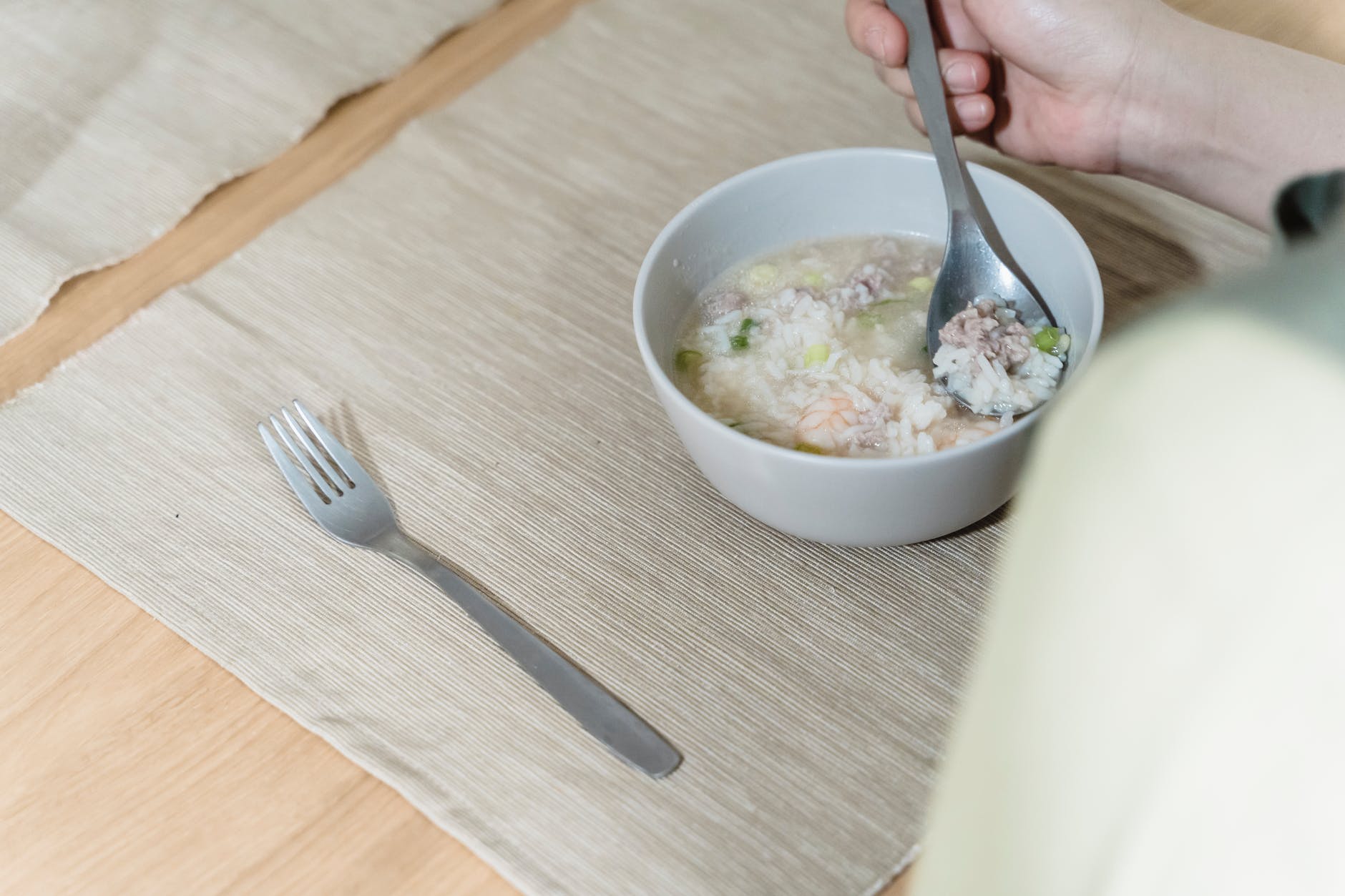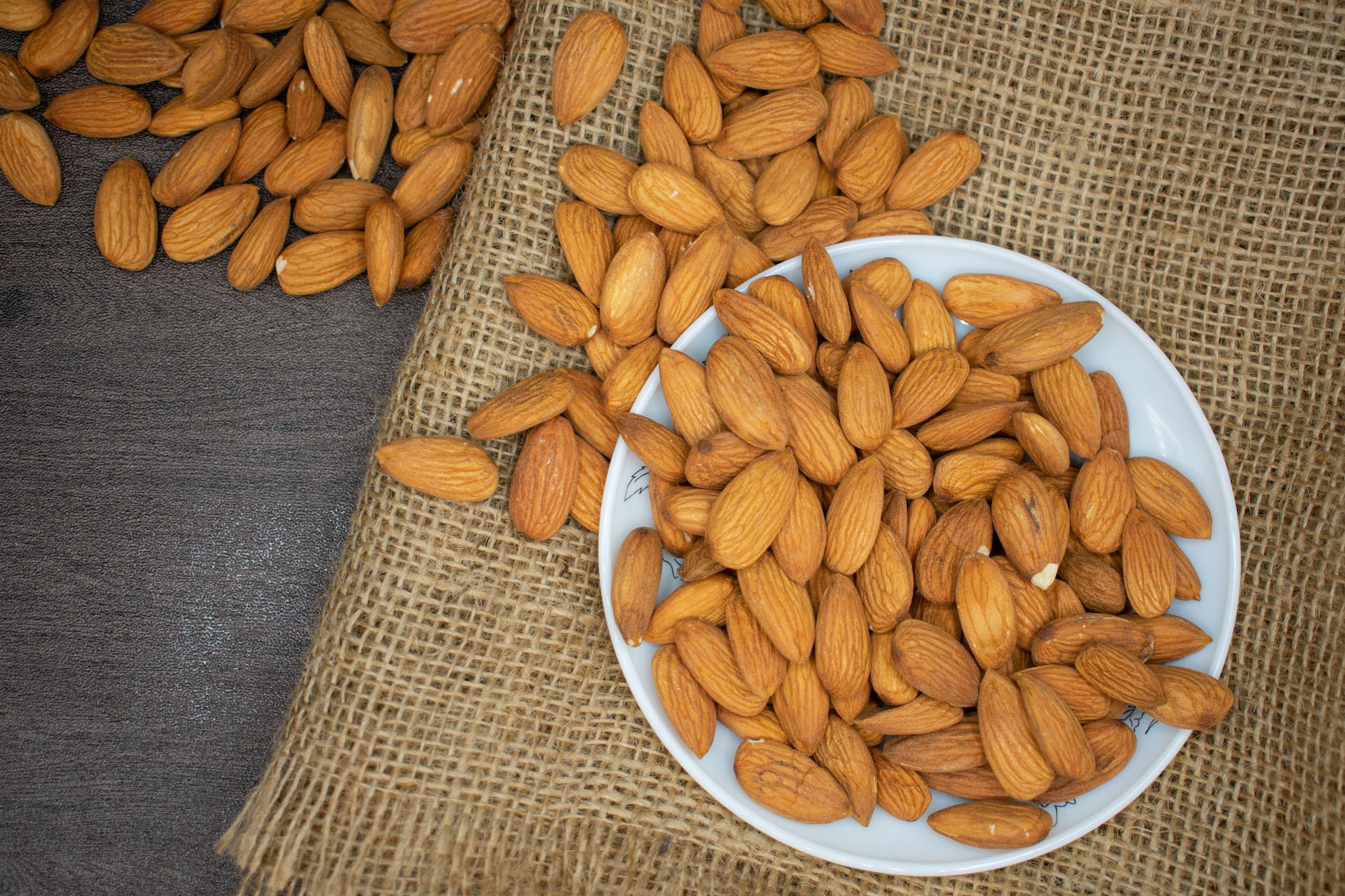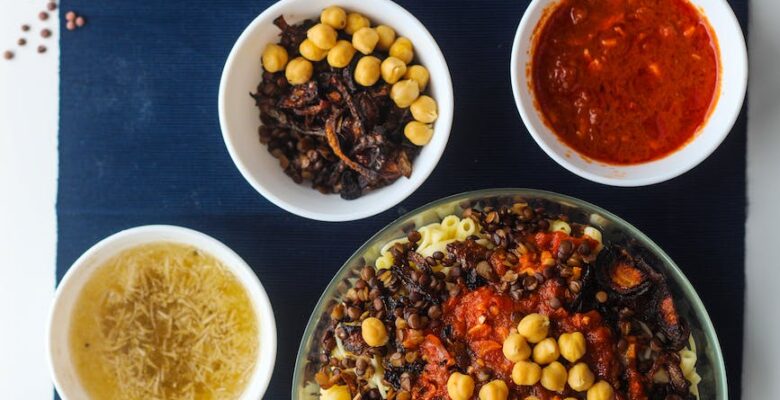We have some healthy recipes with Kamut
Click Here to Read Part 1 on Kamut
Healthy Kamut Recipes Kamut Breakfast Porridge
Servings: 3–4
Time to Prepare: 5 minutes
Time to cook: 12 minutes
Ingredients
- 1 cup (200 g) kamut berries
- 500 mL unsweetened almond milk
- 1/2 teaspoon kosher salt
- 1 tbsp. butter
- 4 tbsp pure maple syrup
- 1 teaspoon cinnamon powder
- Fresh or dried fruit: as desired
Instruction
In a food processor, combine one cup of Kamut.
3/4 cup almond milk in a medium pot.
Then, to the saucepan, add the cracked Kamut and 1/2 teaspoon kosher salt. Bring the ingredients to a boil.
Once you bring it to a boil, continue to cook on low heat. Allow it to thicken for 10-15 minutes, stirring occasionally.
Remove it from the fire after it has reached the required thickness.
Garnish with ground cinnamon and your favorite fruits.

Salad with Kamut from the Mediterranean
4 servings
Time to prepare: 20 minutes
Time to cook: 42 minutes
Ingredients
- 1 cup (200 g) Kamut
- 2 diced onion
- 1 zucchini squash
- 1 red bell pepper
- 50 g chopped kalamata olives
- Sun-dried Tomatoes, Chopped 4 tomatoes
- 12 cup currants (50 g)
Dressing
3 cloves minced garlic
2 teaspoon Dijon mustard
1/4 teaspoon kosher salt
1/4 teaspoon black pepper
2 tbsp balsamic vinegar
1.5 tbsp extra virgin olive oil
Instruction
Cook Kamut in a pressure cooker at a 1:3 Kamut to water ratio. Drain any excess water and set the grains aside to cool.
Combine the onion, oats, zucchini, red bell pepper, olives, sun-dried tomatoes, and currants in a large bowl.
To make the dressing, combine garlic, mustard, salt, black pepper, balsamic vinegar, and olive oil in a separate bowl.
Toss the salad with the dressing to combine.
Precautions
Allergies
Kamut is a gluten-containing grain. It does, however, have less gluten and is easier to stomach than other grains. If you have a gluten intolerance, such as celiac disease, you should avoid Kamut.
Medications
There is some indication that Kamut may interact with cisplatin, a chemotherapy medication used to treat malignancies of the ovary, bladder, lung, and other organs. Consult your doctor about any potential drug interactions.

FAQs (Frequently Asked Questions)
Q. What is the purpose of Kamut?
A. Kamut has an excellent nutritional profile. It has numerous advantages, including improved gut health, lower cholesterol, and blood sugar levels, a lower risk of heart disease and diabetes, and a stronger immune system. Furthermore, because it has not been hybridized or modified, it is healthier than modern wheat.
Q. Can I consume Kamut on a daily basis?
A. Kamut is suitable for daily intake. However, combining Kamut with other selenium-rich foods might cause hair and nail loss, nausea, diarrhea, and skin rashes. It is because there is a daily limit for selenium ingestion. Furthermore, persons who are very intolerant to gluten, such as those with celiac disease, should avoid it. If you are on cancer drugs, consult your doctor, nutritionist, or health specialist before integrating Kamut into your diet.
Q. Is Kamut grain nutritious?
A. Kamut grains are nutritious. Kamut is easier to digest than other cereals. As a result, it is preferable for persons who are allergic to wheat. It contains a substantial amount of nutrients that support an individual’s well-being. It also helps with cardiovascular health, digestion, and weight loss. It also promotes bone and brain health.
Q. Does Kamut cause weight gain?
A. Kamut does not cause weight gain. Kamut is high in fiber, making it ideal for digestion. It lowers blood sugar levels, cholesterol levels, and inflammation. Kamut has a protein level of 20-40%. Protein-rich foods can help you lose weight in a healthy way. All of this combines to make it a fantastic weight-loss staple.
Q. Is Kamut superior to oats?
A. Kamut contains less fat than oats. It is also high in vitamin B6, which helps with metabolism. It is also high in selenium and vitamin E, both of which have antioxidant effects. Oatmeal contains more fiber and magnesium than Kamut. These grains are beneficial and nutritious alternatives to conventional wheat.
Q. Is Kamut better for you than wheat?
A. Kamut contains more nutrients than regular wheat. It contains 20-40% more protein and more zinc, magnesium, selenium, polyphenols, and fatty acids. It is also high in fiber, making it easily digestible. As a result, it has been shown to be more tolerant of people with wheat allergies. If you are very allergic to gluten, you should avoid Kamut.
Q. How easy is it to absorb Kamut?
A. Kamut is strong in fiber and protein, which aids digestion and metabolism. Fibers help absorb excess water in your feces, softening them. Kamut promotes regular bowel movements and enhances overall gut health.
Q: Does Kamut contain protein?
A. Kamut is high in protein. 100 g of Kamut has 14.5 g of protein, according to the USDA. So, a half-cup portion contains 30% more protein than ordinary wheat while only containing 140 calories. Protein is a macronutrient, and so has numerous advantages. As a result, Kamut is beneficial for improving digestion, increasing metabolism, decreasing blood pressure, and keeping a healthy weight.

Q. Is Kamut superior to Quinoa?
A. Both are nutritious ancient grains that have recently gained popularity due to their numerous health advantages. Kamut, on the other hand, has a higher protein level than quinoa. Kamut is the most protein-rich grain, with 9.8 grams per one-cup cooked dose, whereas quinoa has roughly 8 grams per one-cup cooked serving.
To Conclude
Modern hybridization and genetic engineering have had little effect on Kamut. It is high in protein, antioxidants, minerals, and vitamins, as well as other nutrients. Kamut consumption, for example, can promote cognitive health, cardiovascular health, digestive system, hormonal balance, and so on. Kamut has a better nutritional value than other typical wheat products.
Because it has a varied flavor, you can use its nutty flavor and silky texture to complement a variety of healthful foods. The buttery flavor is ideal for baked items, particularly bread. Even though it contains gluten, it is easier to digest. People with gluten allergies should avoid Kamut.
